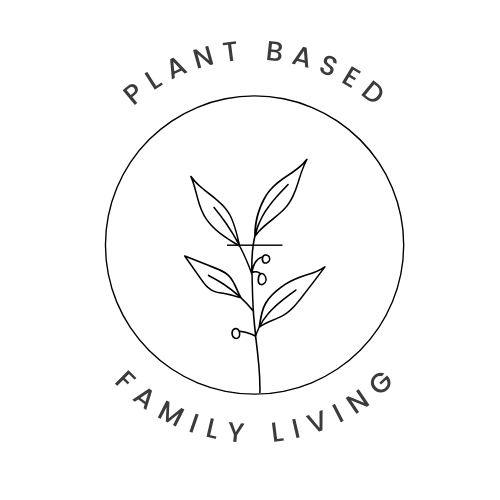Plant-based eating has been gaining popularity in recent years, with more people choosing to adopt a diet that is primarily composed of fruits, vegetables, grains, and legumes. While there are numerous health benefits associated with a plant-based diet, such as reduced risk of chronic diseases, this way of eating can also have significant environmental benefits. In this blog post, we will explore the environmental benefits of a plant-based diet and offer tips for adopting this lifestyle.
Reduced Greenhouse Gas Emissions One of the most significant environmental benefits of a plant-based diet is its potential to reduce greenhouse gas emissions. Animal agriculture is responsible for a significant portion of global greenhouse gas emissions, due to factors such as land use, animal waste, and feed production. By reducing or eliminating animal products from our diets, we can significantly decrease our individual carbon footprints.
Conservation of Water Resources Another environmental benefit of plant-based eating is the conservation of water resources. Animal agriculture is a water-intensive industry, requiring large amounts of water for feed production and animal care. By choosing plant-based foods, we can reduce our water consumption and conserve this precious resource.
Land Use Benefits Plant-based eating can also have positive impacts on land use. Animal agriculture requires vast amounts of land for feed production and animal grazing, leading to deforestation and habitat loss. In contrast, plant-based diets require less land for food production, leading to potential reforestation and increased biodiversity.
Impact on Biodiversity and Deforestation Finally, plant-based eating can have a positive impact on biodiversity and deforestation. The destruction of natural habitats for animal agriculture can lead to a loss of biodiversity and an increase in endangered species. By reducing our reliance on animal products, we can help preserve natural habitats and protect biodiversity.
Healthy Plant-Based Diets for Maximum Sustainability It is worth noting that not all plant-based diets are created equal in terms of their environmental impact. A recent Harvard study found that healthy plant-based diets are more environmentally sustainable than less healthy plant-based diets. Choosing whole, unprocessed plant-based foods and limiting highly processed foods can maximize the sustainability benefits of a plant-based diet.
Additional Benefits of a Plant-Based Diet In addition to the environmental benefits, there are numerous health and ethical benefits associated with a plant-based diet. Plant-based diets have been linked to reduced risk of chronic diseases such as heart disease, diabetes, and certain cancers. Additionally, choosing plant-based options can promote animal welfare and help create a more ethical and sustainable food system.
Tips for Adopting a Plant-Based Diet If you are interested in adopting a plant-based diet, there are several practical steps you can take. Gradually phasing out animal products and incorporating more plant-based foods into your meals is one approach. Seeking out plant-based recipes and meal planning resources can also be helpful.
Conclusion In conclusion, a plant-based diet can have significant environmental benefits, from reducing greenhouse gas emissions to conserving water resources and preserving natural habitats. By choosing healthy, unprocessed plant-based options, we can maximize these benefits and promote a more sustainable and ethical food system. We encourage readers to consider adopting a plant-based diet for the benefit of their health and the planet.
TL;DR: A plant-based diet can have significant environmental benefits, including reducing greenhouse gas emissions, conserving water resources, preserving natural habitats, and promoting biodiversity. Choosing healthy, unprocessed plant-based options can maximize these benefits and promote a more sustainable and ethical food system. Additionally, plant-based diets have been linked to reduced risk of chronic diseases and can promote animal welfare. Practical steps for adopting a plant-based diet include gradually phasing out animal products and seeking out plant-based recipes and meal planning resources.
